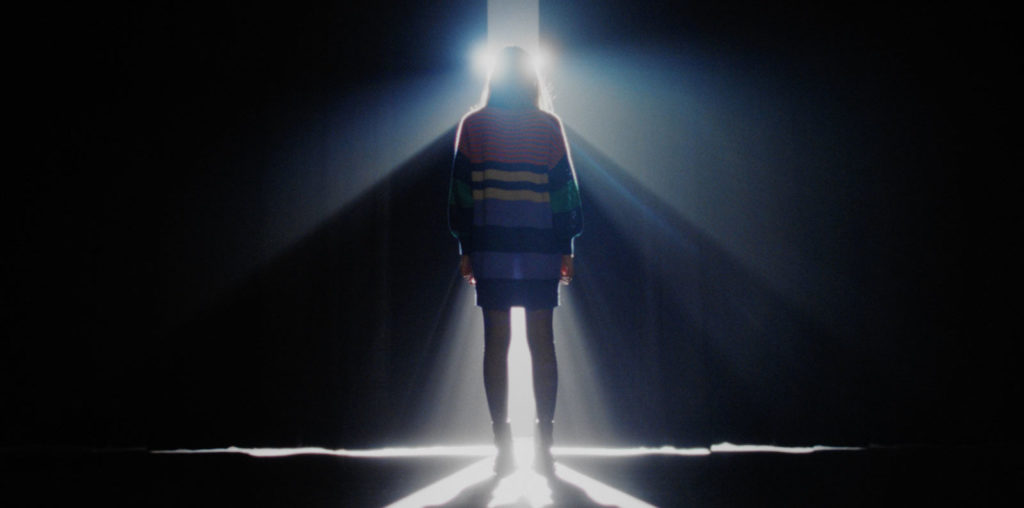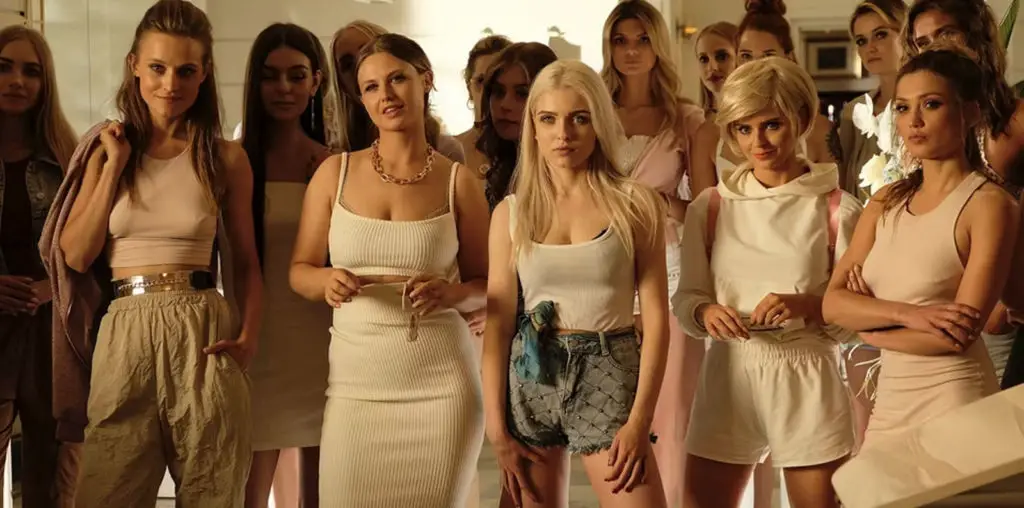
Subcultures, by definition, attract those who see through status quo bullshit and strive for something “real” that relates to one’s own personal experience. Whether it’s hardcore punk, black metal, horror movies, homemade video games or traditionally offensive underground comics, they offer strong alternatives to more populist forms of entertainment that lack imagination and, more importantly, heart. Imagine being a young punk kid who draws comics for a small audience as a way to vent your frustrations with society’s willingness to ignore the true horrors that exist in everyday life. It’s not a living, but a passion – that thing that keeps you sane as you glide through your daily routine. Now imagine the police come knocking and you find you’re on trial for doing that thing you love. Frank Henenhotter, director of the Basket Case trilogy and Frankenhooker, tells the story of one such case that happened here in the US over 25 years ago with his engaging documentary Boiled Angels.

“…police come knocking and you find you’re on trial for doing that thing you love.”
In the early ‘90s, Mike Diana was a kid in Florida who listened to punk and traded underground comic zines with like-minded artists. His drawings depicted the debauchery he saw on the news every day filtered through the lens of the violent horror movies he so loved. They were stark commentaries of the hypocrisy of societal social norms, where certain people, e.g., priests, could molest children and get away with it simply because of their powerful status, all told with the classic punk sneer that emphasizes the satirical nature of the work. Unfortunately, the local police were frustrated by a serial killer in the state, while a team of young, new prosecutors sought to make a name for themselves. Diana became the perfect scapegoat for them both, and he found himself at the center of a major obscenity trial that would dare to push the limits of free speech in American society. Mike Diana now fought for his First Amendment rights while facing up to three years in jail against a rigged jury and a statewide news campaign that blended his story with that of the serial killer.
As a documentarian, Henenlotter tells the whole story, from the first rise of so-called “lurid” comics that lead to the creation of the McCarthy-era comics code, through the 1960s R. Crumb counterculture movement that operated outside the mainstream channels of established comics industry, and leading to the zines that would ultimately foreshadow Diana’s art. Meanwhile, we get a glimpse into the artist himself, his upbringing, his love for art, his passion for horror films that led him to make a few home-made entries into the genre and his primary forays into the zine world. In between, we hear from comics experts, i.e., artists, writers, and historians, as well as his family and the attorneys who both defended and prosecuted him.

“…helps us wake up outside the “woke” bubble.”
There are a few issues, though. Mike Diana seems so uncomfortable and awkward in front of the camera you wish more takes were done. On the one hand, it’s endearing to see how completely innocuous this guy is, but on the other, he does come off as a little strange, like someone you would avoid talking to, i.e., not the person you’re trying to convince the audience that he’s not a serial killer. Conversations with the news media who prosecuted him on air did nothing to dispel this, nor did they fully address their culpability in his sentence, meaning the right questions were never asked. There’s also the use of former Dead Kennedys vocalist Jello Biafra as narrator. While his battles with free speech have become punk lore, his place here seems contrived and unnecessary. To add insult to injury, nobody ever once mentioned what a complete waste of taxpayer money it was to prosecute a kid drawing comics in the name of “community standards,” but that’s Florida.
Let’s be honest about this country. Nobody takes the Second Amendment for granted. As soon as anybody mentions any sensible legislation that could prevent the mass shooting of the week, we have millionaire lobbyists and minimum wage workers alike shouting about the fantasy of the government take all our guns away. Well, what good are the guns if you can’t say what you want to say? That Second Amendment was written to follow the first, i.e., the well-regulated militia must remain intact to prevent violations against freedom of assembly, press, religion, and speech. Press. Mike Diana was a publisher exercising his right to free speech, but the guys with the guns didn’t like what he had to say, so he became the only artist ever to be successfully prosecuted in the United States. When that Second Amendment becomes the crutch to limit the first, we have a serious problem. On that note, Boiled Angels helps us wake up outside the “woke” bubble.

Boiled Angels: The Trial of Mike Diana (2019) Directed by Frank Henenlotter. Starring Mike Diana, Neil Gaiman, Peter Bagge, George Romero, Jello Biafra, Suzy Solar, Luke Ilrot, Stuart Baggish.
8 out of 10 stars


